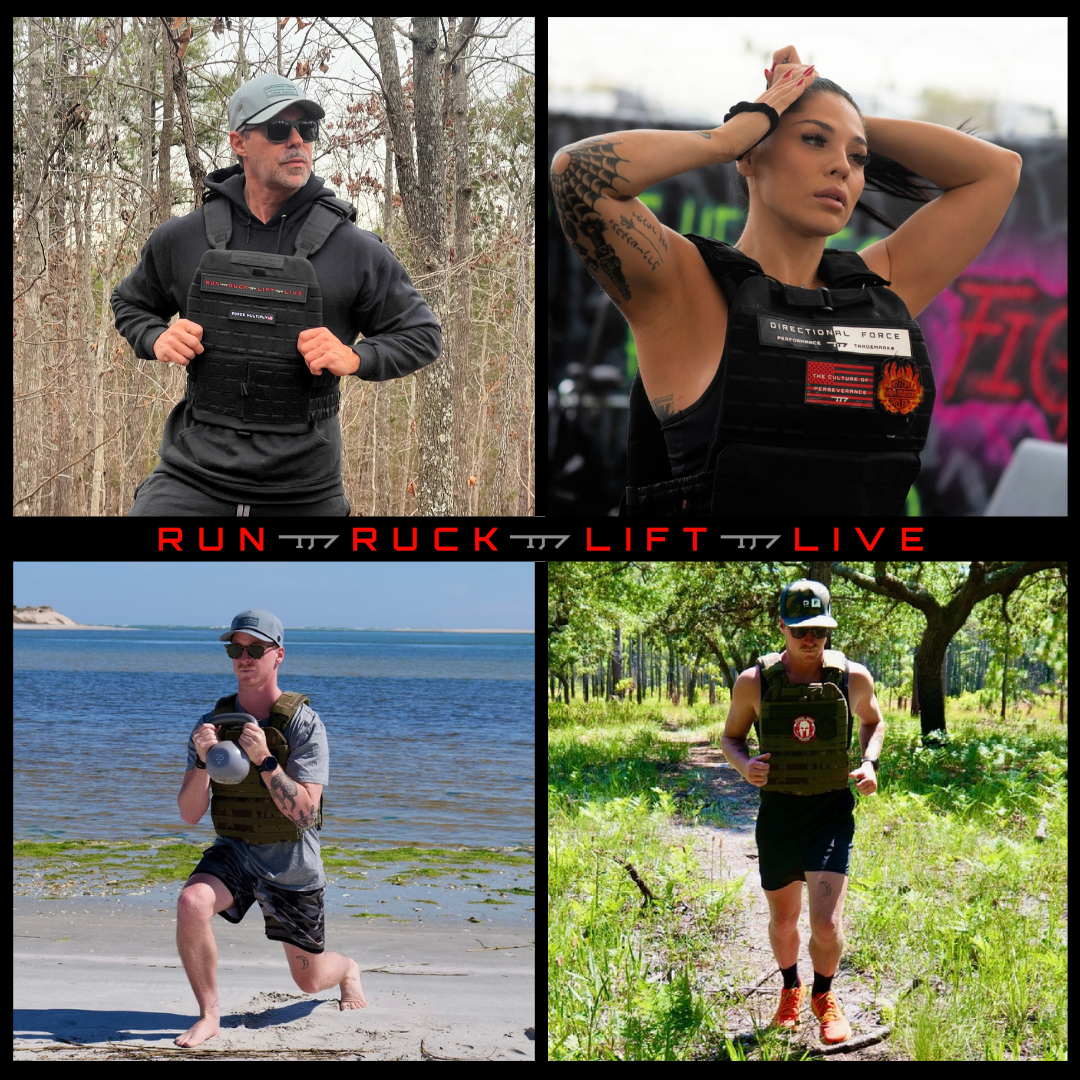In the world of fitness and exercise, pushing your limits and challenging yourself is key to achieving your goals. From intense weightlifting sessions to high-intensity interval training, our bodies go through a lot during strenuous workouts. While most of us focus on muscle recovery through rest and nutrition, one essential component that often goes overlooked is the recovery of our central nervous system (CNS).
The Overtraining Paradox
What many fail to realize is that more isn't always better when it comes to training. In a culture that glorifies pushing the limits and grinding through exhaustion, the concept of overtraining often gets misunderstood. While pushing oneself to the limit can yield short-term gains, chronic overtraining can have profound long-term consequences that extend far beyond the gym. It's bro science to advocate training seven days a week. If you're training with intensity, you will definitely over tax your CNS and be more susceptible to illness & injury by overtraining.
Understanding the Central Nervous System (CNS)
The CNS, composed of the brain and spinal cord, plays a vital role in regulating movement, coordination, and overall bodily functions. When we engage in intense physical activities, especially those that challenge our strength and endurance, our CNS works overtime to coordinate muscle contractions, balance, and overall performance.
The Impact of Strenuous Workouts on the CNS
Engaging in strenuous workouts can put significant stress on the CNS. Activities such as heavy weightlifting, sprints, or endurance training require precise communication between the brain and muscles to generate the necessary power and coordination. As a result, neurotransmitters, such as dopamine and serotonin, are rapidly depleted, leading to fatigue and decreased cognitive function.
The central nervous system serves as the command center of our bodies, orchestrating every movement, thought, and sensation. When we subject ourselves to intense and prolonged physical training without ample rest and recovery, we put a significant strain on this intricate system. The delicate balance between stress and recovery is disrupted, leading to a cascade of negative effects on both our physical and mental well-being.
Signs of CNS Fatigue
Recognizing the signs of CNS fatigue is crucial for optimizing your recovery and performance. Symptoms may include:
-
Decreased coordination and balance
-
Mental fogginess or lack of focus
-
Increased irritability or mood swings
-
Persistent fatigue even after rest
-
Flu like symptoms
-
Insomnia
-
Irritability
If you notice these symptoms, it could be an indication that your CNS needs time to recover.
Strategies for Central Nervous System Recovery
1. Adequate Sleep
Quality sleep is essential for CNS recovery. During deep sleep stages, the brain undergoes critical repair processes, replenishing neurotransmitters and optimizing cognitive function.
2. Proper Nutrition
Fueling your body with the right nutrients is vital for CNS recovery. Foods rich in antioxidants, omega-3 fatty acids, and vitamins support brain health and combat inflammation.
3. Active Recovery
Engaging in light physical activities such as yoga, walking, or swimming promotes blood flow to the brain and helps in releasing tension from the muscles.
4. Mindfulness and Stress Management
Practicing mindfulness techniques like meditation or deep breathing exercises can lower cortisol levels and reduce the overall stress on your CNS.
The Role of CNS Recovery in Optimal Performance
Contrary to popular belief, progress is not made solely in the gym or on the track; it is during periods of rest and recovery that our bodies adapt and grow stronger. Adequate sleep, proper nutrition, and strategic rest days are essential components of a well-rounded training program. By prioritizing the recovery of your CNS, you're not only enhancing your physical performance but also safeguarding your long-term health and well-being. A well-rested and rejuvenated central nervous system can lead to:
-
Improved muscle coordination and balance
-
Enhanced cognitive function and mental clarity
-
Increased overall energy levels
-
Reduced risk of burnout and overtraining
-
Improved Athletic Performance
Embracing a Holistic Approach to Fitness
In a world where pushing yourself to the limit is often glorified, it's crucial to remember that true progress comes from a balanced and sustainable approach to fitness. By prioritizing CNS recovery alongside muscle recovery, you're paving the way for long-term success and longevity in your fitness journey.
Conclusion
Recovering your central nervous system after strenuous workouts is not just about physical rest; it's about giving your brain and spinal cord the TLC they need to function optimally. By implementing strategies that support CNS recovery, you're investing in your overall health, performance, and well-being. Remember, a healthy CNS is the foundation for a strong and resilient body. Listen to your body, prioritize rest, and watch your fitness goals soar to new heights.
As you navigate your fitness journey, remember that progress is a marathon, not a sprint. By respecting the delicate balance between stress and recovery, you can unlock your true potential and achieve lasting success in your athletic pursuits.
Let's strive for progress, not perfection, and embrace the journey towards becoming the best version of ourselves - both in and out of the gym.
Stay tuned for more insightful editorials on fitness, wellness, and the pursuit of peak performance!
The content contained in this article is for information purposes only, and is not meant to be a substitute or replacement for professional advice and medical consultation. It is just shared as information only, and with the understanding that Directional Force, LLC, (Directional Force) is not engaged in the provision or rendering of medical advice or services whatsoever. You unilaterally understand and agree that Directional Force shall not be liable for any claim, loss, or damage arising out of the use of, or reliance upon any content or information in this article or any article provided by Directional Force. Please seek professional medical advice prior to engaging in, or undertaking any of the content, exercises, advice, and workouts provided by Directional Force.


